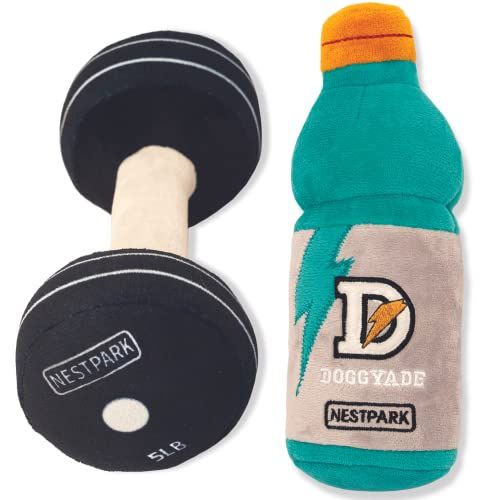Donating Your Dog to the Police: A Comprehensive Guide
Many individuals find themselves wondering how they can contribute to their community. One lesser-known yet significant way is through donating a beloved canine to the local police force. Dogs in the police service perform a variety of roles from detection to search and rescue. While this path isn't for every dog, it can provide a meaningful, purposeful life for the right canine candidates. In this guide, we will walk you through the steps, considerations, and requirements for donating your dog to the police.
Donating your pet dog to the police force is a generous act that can help law enforcement agencies with their operations, particularly with respect to their K-9 units. However, it's not as simple as walking your dog to the nearest police station. There are specific procedures and considerations that you must observe.
The Basics of Police K-9 Units
Police dogs, also known as K-9s, play vital roles in law enforcement. They help in detecting illegal substances, tracking missing individuals, and apprehending criminals. These dogs undergo rigorous training to ensure they're capable of performing these duties.
It's important to understand that not all dogs can serve in a K-9 unit. They must meet certain physical and temperamental criteria. For example, the most commonly used breeds are German Shepherds, Belgian Malinois, and Labrador Retrievers, known for their intelligence, strength, and obedience.
Understanding the Eligibility Criteria
Before you consider donating your dog, it's crucial to know whether your pet meets the requirements. Here are some key eligibility criteria:
1. Breed: As mentioned above, some breeds are more suited for police work due to their physical abilities and temperament.
2. Age: The ideal age for police dogs is generally between 12 months and three years. Dogs within this age bracket are more adaptable and trainable.
3. Health: Your dog needs to be in excellent health condition. They should be free of any chronic diseases and physical disabilities.
4. Temperament: Police dogs must have a balanced temperament. They need to be confident, alert, and have a willingness to work.
Steps to Donate Your Dog to the Police
If your dog meets the eligibility criteria, here are the steps you need to follow:
1. Contact Your Local Police Department: Call or visit your local police department to express your interest in donating your dog.
2. Provide Necessary Documents: You'll need to provide all necessary documents pertaining to your dog's health and other relevant details.
3. Evaluation: The police department will conduct an evaluation to determine if your dog is a good fit for their K-9 unit. This typically involves a physical examination and temperament testing.
4. Decision: After the evaluation, the police department will decide if they will accept your dog. If your dog is accepted, they will proceed with the necessary training.
Remember, donating your dog to the police force means you're giving up all rights to your pet. They will become the property of the police department and you might not get regular updates about their well-being.
Other Ways to Help
If your dog isn't eligible for police service, there are other ways you can help your local K-9 unit.
You may like: How can I donate my dog to the police
1. Monetary Donations: You can donate funds that can be used for buying equipment, food, and other necessary supplies for the K-9 unit.
2. Volunteering: You can volunteer your time to help with training exercises, public demonstrations, or fundraising events.
3. Spread Awareness: You can help by educating your community about the importance of K-9 units in law enforcement.
In conclusion, donating your dog to the police force requires careful thought and planning. It's a big commitment that should not be taken lightly. However, if done properly, it can significantly help local law enforcement and give your dog a purposeful life of service.















